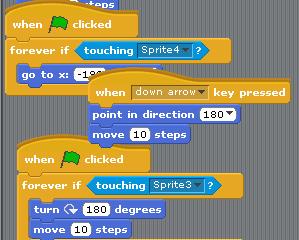You can see me on that picture if you look very closely.
Kingdom Code was an event organised by Andy Geers and others:
Are you a Christian in tech? This event is being held to draw together a foundational group of Christians who work as developers, UX / UI designers, data geeks, product manager or entrepreneurs and who are excited to see mobile and tech used to serve Kingdom purposes. One output of this group may be to organise a Code for the Kingdom Christian weekend hackathon in 2015.
The event was really well organised. After a bit of mingling we moved into a room with chairs. There was a brief introduction from Andy and Rupert Edwards and a big of plugging from the sponsors. We were then told to chat to the person next to us, and a bit later, to the person on the other side. There was a pre-event questionnaire asking about what people hoped to get out of the event and what sort of work they were in. There was a wide variety - not just developers and designers, but digital marketing people, business developments and entrepreneurs. I think I put myself down as jack of all trades. Some people were doing not specifically Christian type jobs (I hate the term "secular job"), but had Christian related side projects, in the way that Andy G does Prayermate on the side. Some people were visionary types who could see potential, e.g. in the internet playing a similar role to Roman roads which enabled the growth of the church after Jesus' death and resurrection.
We then split into 8 groups according to those types - I went with database/IT. After a bit we were then asked to mix about talk about this possible Code for the Kingdom event next year.
There was a plugging spot, where about 20 people got a minute to plug the thing they were involved in and ask for help, mostly volunteers or funding. There was a variety of visions for, say, easy software for administering churches, or helping those turning 18 who are forcibly returned to the country they sought asylum from, or getting the Bible out via mobiles. I plugged the
paid job I blogged about recently. There was someone from Scripture Union who won the "oldest organisation" award, in contrast to the new ventures that people were working on. I think we came second.
There's another event planned in October, but I left before the end so I didn't hear much about that. Update: It's Monday 13 October.
Update2:
Andy's written a post about it, though I blush to link to it.
I met a couple of people with links to Wycliffe:
- someone who did a short-term placement with us a couple of years who is part-time working on Tyndale House's online scripture tools. Update: they've launched a new version of the site now.
- Jason Ramasami who did this great picture for our magazine:
It will be interesting to see what this event has started.




